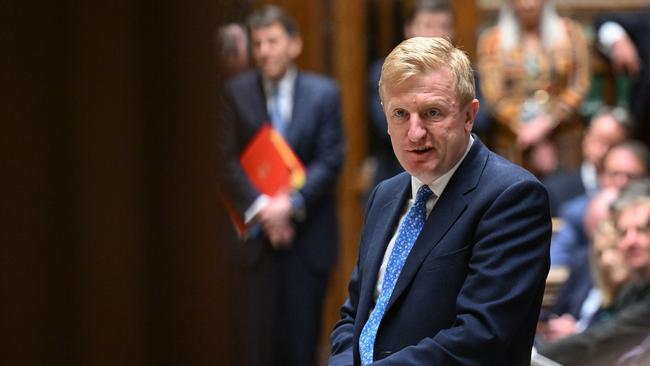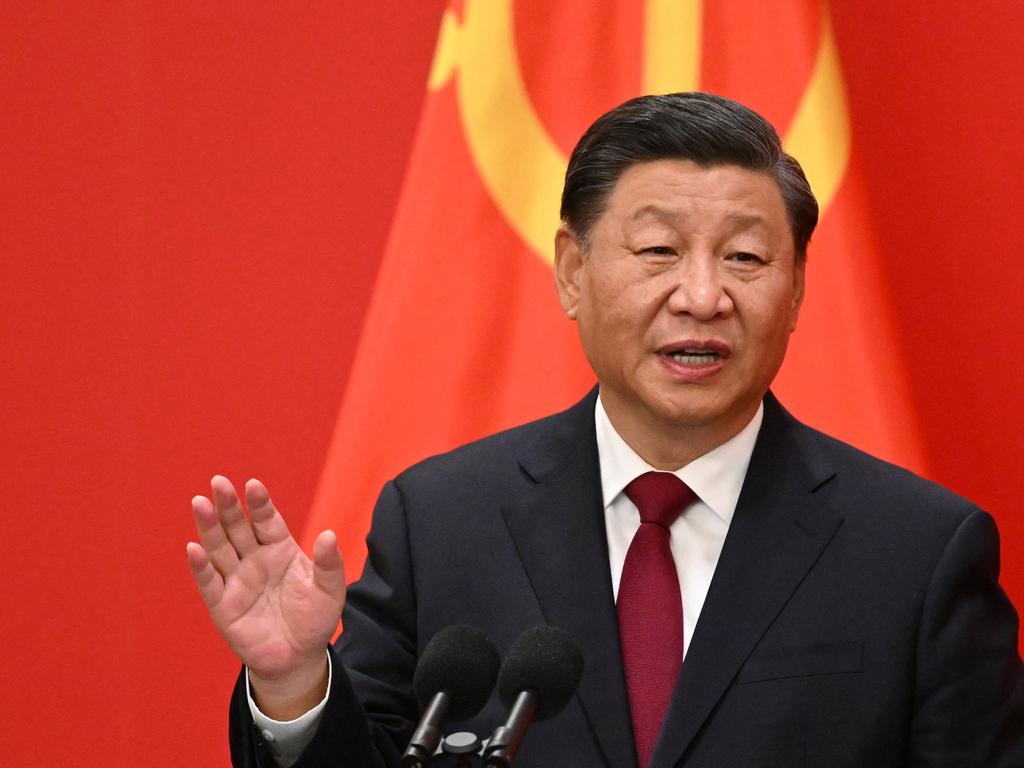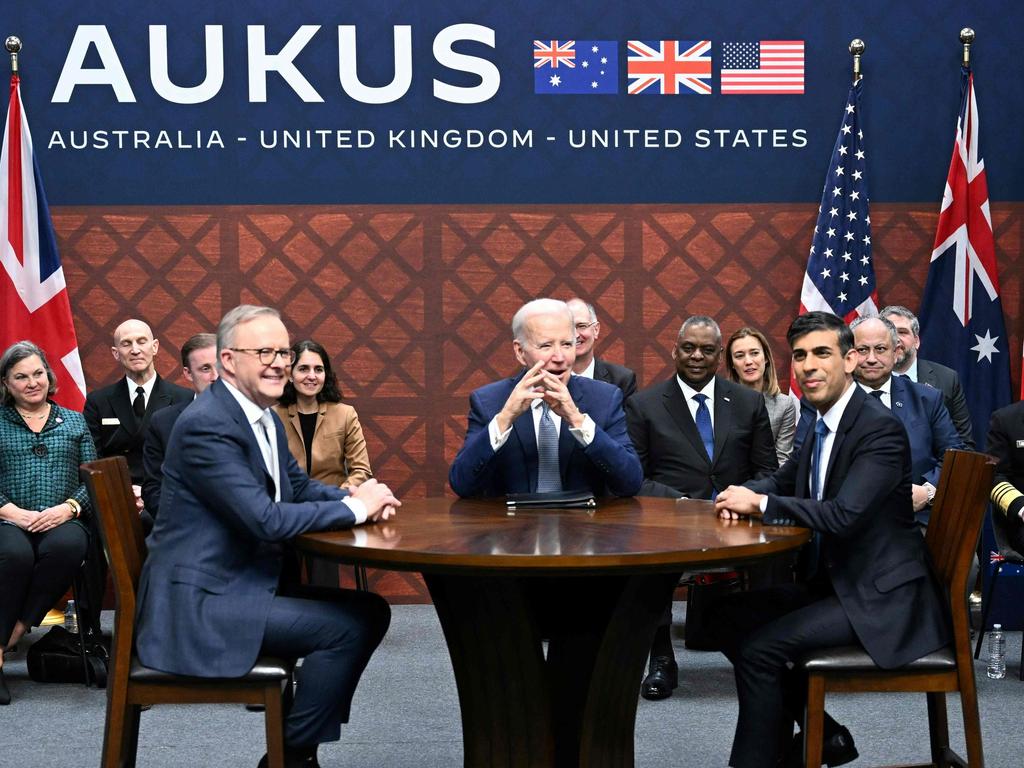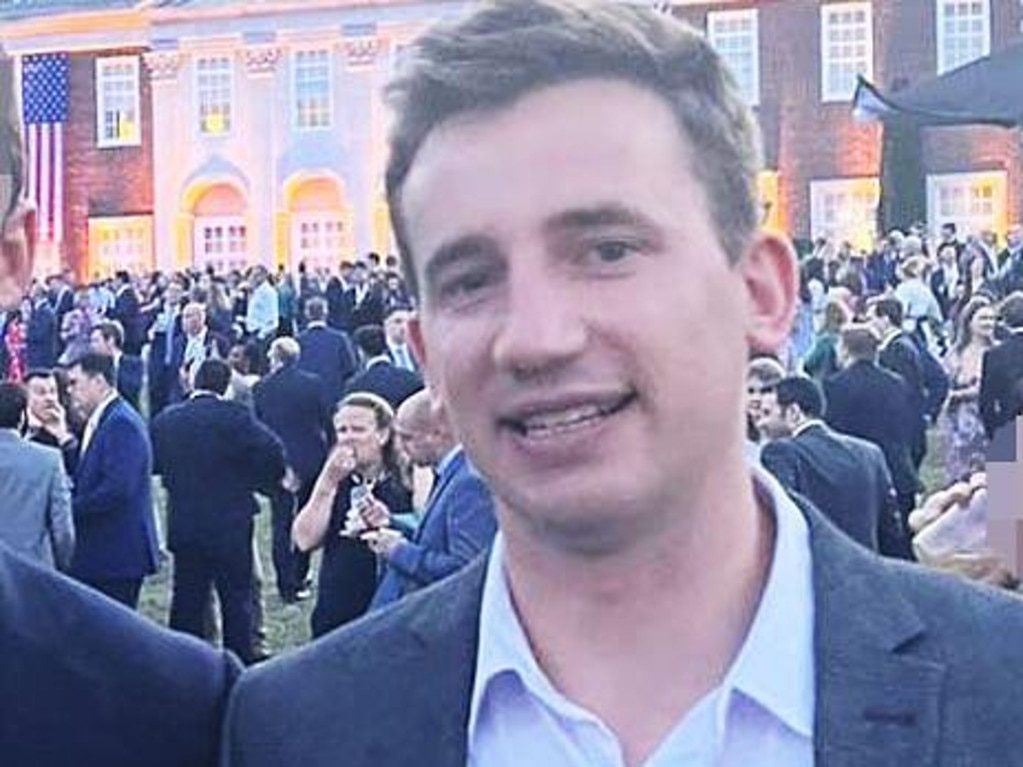Academics at UK universities face vetting to counter Chinese spies
Academics and researchers involved in cutting-edge science at British universities are to be vetted for security under government plans to tackle Chinese espionage.

Academics and researchers involved in cutting-edge science at British universities are to be vetted by the security services under government plans to tackle Chinese espionage.
The director-general of the domestic security agency MI5 has warned vice-chancellors that hostile states are targeting universities to steal technology that can “deliver their authoritarian, military and commercial priorities”.
It comes after a secret review of vulnerabilities in higher education by the security services.
The government is looking at new funding to increase security at sensitive sites. The plans would also require universities to consult with the security services when entering into funding partnerships and collaborations with foreign institutions.
The measures were announced after a meeting on Thursday between 24 UK university vice-chancellors, including those from Oxford and Cambridge, and Ken McCallum, MI5 director-general.
He updated them on the threat, with hostile states deploying “overt and covert mechanisms” to acquire intellectual property and steal advantage.
Deputy Prime Minister Oliver Dowden, who has warned of the threat to universities, said: “We now need to put further measures in place.”
Ministers are likely to expand the advice team that provides a link between university staff and the security services. It vets potential research collaborations in areas such as artificial intelligence, advanced robotics, synthetic biology and quantum technology.
The government has also set up an evaluation framework to help universities make decisions on international collaborations.
MI5 has previously warned that the “most game-changing challenge” it faces comes from an increasingly authoritarian Chinese Communist Party that targets industrial secrets and intellectual property in the West. The service has identified more than 50 students in the UK linked to the People’s Liberation Army.
University leaders said they broadly welcomed the proposals, with one senior figure saying it was clear that the threat was evolving “at pace”.
The Russell Group, which represents the leading research universities, said that its members had already rejected “sizeable partnership offers and donations on the grounds that they posed a security threat”.
Research collaborations had been blocked or ended early in response to new intelligence.
Tim Bradshaw, the group’s chief executive, said the universities took their national security responsibilities “incredibly seriously and recognise security is ... an evolving challenge”.
Vivienne Stern, the chief executive of Universities UK, added: “We welcome the government’s approach to working hand-in-hand with us.”
Alicia Kearns, chairwoman of the House of Commons foreign affairs select committee, said that for too long academia had pretended it had no role to play in national security and “could operate free from geo-strategic realities. Significant evidence indicates a systematic attempt by the Chinese Communist Party to infiltrate British academia and exfiltrate critical research, capabilities and technologies ... so this move is very welcome.”
Mr Dowden said last week that ministers were also reviewing universities’ reliance on income from countries such as China, amid fears that they could be vulnerable to political coercion.
In 2021-22 the number of overseas students reached 679,970, and 151,690 were from China. This included more than 10,000 Chinese students at University College London and 9000 at Manchester University.
Ministers are concerned that some universities have become dependent on China as a source of revenue and could be left exposed if Britain were forced to impose sanctions on Beijing.
The Times







To join the conversation, please log in. Don't have an account? Register
Join the conversation, you are commenting as Logout